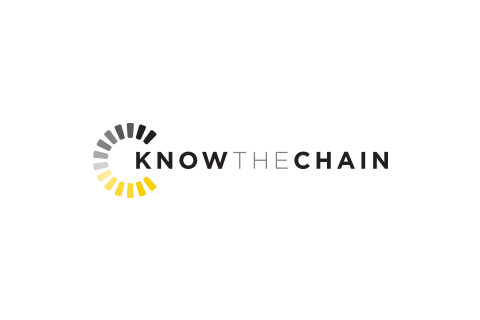
For too long, forced labor has persisted in the production of the goods we consume every day. Because of the complex and opaque nature of corporate supply chains, this problem has been difficult to observe and address.
Today, laws like the California Transparency in Supply Chains Act and the UK Modern Slavery Act are illuminating this issue by requiring companies to publicly disclose information about their efforts to mitigate forced labor in their supply chains. With new disclosures increasingly available in the public domain, the corporate responsibility conversation is now shifting from transparency compliance to the policies and practices companies are employing to protect workers in their supply chains.
disclose information about their efforts to mitigate forced labor in their supply chains. With new disclosures increasingly available in the public domain, the corporate responsibility conversation is now shifting from transparency compliance to the policies and practices companies are employing to protect workers in their supply chains.
This week, KnowTheChain – a project of Humanity United, the Business and Human Rights Resource Centre, Verité and Sustainalytics – released a report evaluating 20 companies’ disclosure statements on forced labor in supply chains. The Transparency Snapshot features findings from a pilot methodology KnowTheChain will refine and employ to produce sector-level benchmarks later this year.
KnowTheChain will be using benchmarks as a tool to identify and share best practices, and harness the competitive nature of markets to create a “race to the top” that encourages companies to adopt standards and practices that protect workers’ well-being. Benchmarking has worked to spur corporate action on other issues like medicine accessibility through the “Access to Medicine Index” and freedom of expression through “Ranking Digital Rights” – and we hope to incentivize a similar response from corporations to address forced labor.
As we enter 2016, transparency and disclosure statements are being used as a legal compliance tool. By benchmarking, we hope to incentivize companies to adopt measures that go beyond legal compliance to more meaningfully address this issue by adopting policies and practices that truly ensure the well-being of workers and reduce labor exploitation. This exercise will provide an opportunity for forward leaning brands to distinguish themselves from those within their industry through the implementation of progressive and robust practices. It will also shine a light on industry laggards that need to do more to protect workers.
KnowTheChain will produce three benchmark reports in 2016, targeting industries where the risks of forced labor in the supply chain are significant. By doing so, we hope to capture the attention of consumers, investors and businesses in an effort to influence corporate policies and practices, and ultimately improve the lives of millions of vulnerable workers.